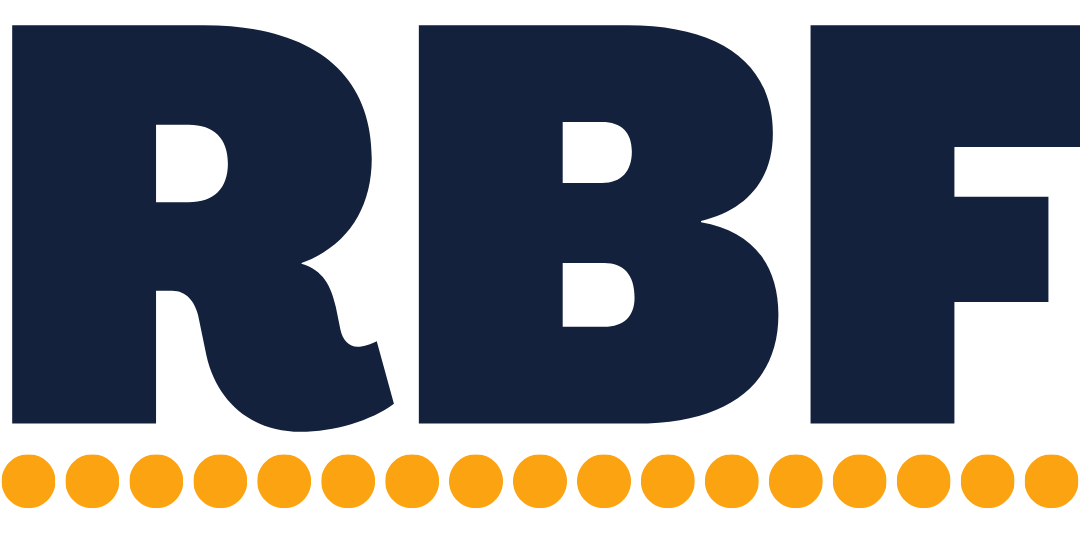Your service offerings impact overall profitability (and personal fulfilment)
You started your business because you’re good at what you do. That could be marketing, accounting (like me 😉), consulting, or something else. You’re good at something and decided it was time to make more money for yourself (instead of earning a profit for your boss). And, that’s great. But, we tend to define what we’re good at and what our businesses do somewhat broadly (for example, marketing, accounting, etc). No one’s a walking niche USP statement (eg, I do X for Y because Z) with tight positioning, after all.
That broadness shows in our service offerings and what work we accept. We fall into the trap of offering and accepting projects that fall under our broad umbrellas, even if we aren’t particularly adept at it or they don’t quite fit with the rest of our business model. And, even if you’re relatively niche (eg, a content marketer as opposed to a marketer), there’s still plenty of outlier services and projects that don’t really fit, but you’re still accepting. These outlier services, all-over-the-place offers, and extreme variation frequently lead to profitability issues and all that extra revenue doesn’t really contribute to how fulfilled you feel.
Bloated tech stack:
It seems like every service offering requires its own software nowadays. And, specialized software gets expensive (for example, every SEO software seems to start at $100/m). Offering a little bit of everything leads to a bloated tech stack full of expensive tools that you can’t get rid of because “oh, well, we use it for that one service we do once in a while.” Depending on your industry and niche, that can get veryyy expensive (especially if you’re forced to buy a license for every employee).
Bloated talent needs:
Similarly, offering a wide range of services requires a wide range of talent and skills. When you’re a small shop that’s leaning on contractors, that might be simple enough. But, as you grow and bring on employees, you run into labor utilization and silo-ing issues. It’s very difficult to keep all your employees with varied skillsets busy and near max utilization. And, you can fall into a situation where an employee doesn’t generate enough revenue to cover their burdened cost (aka, their payroll, taxes, insurance, benefits, etc) and drags down overall profitability. Then, as you build a larger team and push past that issue, you’ll start developing silos (where each team essentially operates independently of one another) and that can feel like running multiple tangentially-connected businesses at once.
Efficiency and wasted time :
Greater efficiency is one of the often-cited pros to niching down. But, it’s sorta misrepresented. You (and your employees) aren’t a robot eeking out tiny improvements in efficiency and processes. You’re a human that wastes a lot of time getting up to speed on tasks you don’t regularly do. For example, blog writing and editing videos for social media could both be considered content marketing. But, they’re entirely different technical skillsets. If you predominately write, you’ll waste a lot of time remembering how to use the video editing software, researching the correct aspect ratios, and figuring out how you formatted the videos last time. And, the same can be said of specialized employees that need to do other tasks to keep their utilization up. That’s a lot of wasted earning potential.
Review your outlier services:
Just like individual projects can be poorly priced and unprofitable, individual service offerings can be unprofitable once you add up all these issues. Take a look at all the projects and proposals you’ve signed over the last 6 months, find the outlier service (ie, the one you rarely offer or isn’t cohesive with the rest of your services), and add up all the costs specific to that service (eg, software, contractors, dedicated employees, wasted time, etc). Figure out if these services are even profitable and, if they are profitable, see how they stack up against your main offers. (And, no, a boutique shop shouldn’t have loss-leader services. You won’t make it up on volume, upsells, or future work.)
More profit =/= feeling fulfilled
There’s a time and place for accepting any work that comes your way. When you’re just starting out, need to pay bills, and are struggling to make ends meet you should absolutely accept everything to keep a roof over your head. But, once your business has grown past that and you can comfortably provide for yourself, more revenue won’t inherently make you feel more fulfilled. More revenue might provide a better lifestyle, but not necessarily fulfillment. Stop accepting work purely because it pays and let’s you brag about higher revenue. Make sure it’s profitable, fulfilling, or interesting.
Action Item:
Check how profitable your outlier services are.
And, if you don’t have enough info to figure it out (because your accounting is relatively jumbled and generalized), start getting more specific with your records.
💪 What we do at Resting Business Face 😤
🚀 Finance Partner: Forecast the next 12+ months, improve your cash flow, and work closely with yours truly.
🤓 Hands-off Consulting: Annual forecasting and quarterly calls when you need just a touch of guidance.
🏛️ Tax Essentials: Taxes, accounting, and payroll to keep your business on the IRS's good side.
